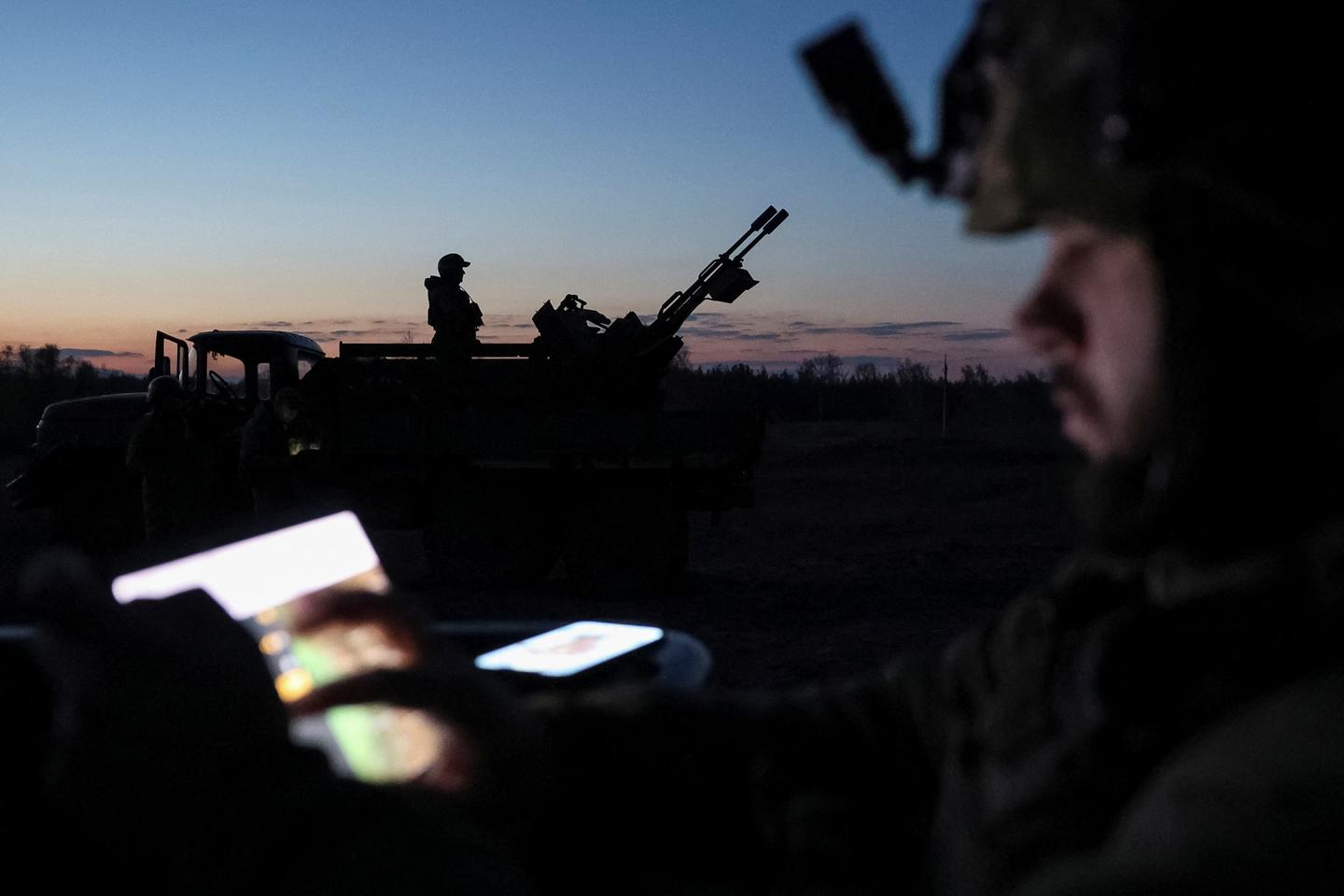


Nearly two months after Donald Trump officially launched peace negotiations between the Russians and Americans over the fate of Ukraine, the series of summits and meetings at all levels among Kyiv's Western allies increasingly resembles a long, endless tunnel. The main cause of this paralysis is well known: the total lack of transparency regarding the discussions between Moscow and Washington, from which these allies remain excluded.
The discussions themselves are broader than they appear, since Russia wants to revisit the entire security architecture of the European continent. Nonetheless, there are many other factors blocking progress on the allies' side, at the risk of placing all of Kyiv's supporters in a perilous exercise of "diplomatic fiction," as a growing number of military and diplomatic sources complain behind the scenes.
The disagreements over the issue of sending troops to Ukraine after a ceasefire are one example of this. Despite Paris and London's efforts to unite their forces to achieve this, their military leaders are not entirely aligned on the necessary means. The French are more favorable to a ground operation. The presence of troops in Romania since 2022 (around 1,000 soldiers) and the subsequent structuring of a whole logistical support network from France would make this option easier.
The British, on the other hand, would prefer a less direct approach, mixing air and naval means, as their Army has very limited numbers. In London, as in other capitals, sending conventional ground troops – excluding special forces – is also considered politically risky. Hence the idea, pushed for several weeks by Ukraine support groups backed by the United Kingdom, to negotiate instead a no-fly zone that, according to some maps, would draw a line from Belarus to the Black Sea, passing east of Kyiv and Odesa.
'Militarization' of Ukraine
These differences are compounded by practical concerns about the budgetary implications of such measures. According to estimates drawn up in Paris, sending ground troops could mean, depending on certain options, investments of up to €2 billion or €3 billion, followed by an annual cost more or less equivalent to that of the Barkhane operation in the Sahel (2014-2022), around €1 billion per year.
You have 57.66% of this article left to read. The rest is for subscribers only.
